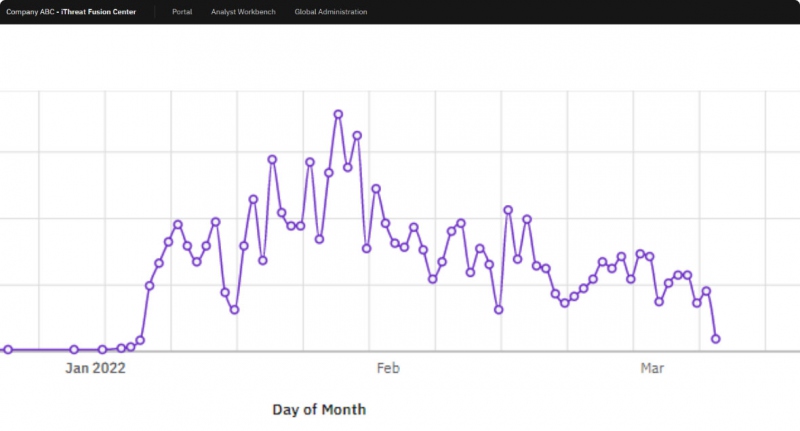A good brand identity is one of the most important ways a business communicates with its customers. It can serve as a representation of a business’s principles and, with time, come to represent excellence in the minds of its clients.
It’s due to these factors that trademarks matter – providing firms a protection against counterfeiters and other nefarious characters.
However, some entities use trademark registration to deliberately target companies, causing financial and legal troubles in the process. Here’s what you need to know about overseas trademark squatting and what your business can do to protect against it.
What is Trademark Squatting?
As the name suggests, trademark squatting happens when a person or organization registers the trademark of another business with the express purpose of making money off of it. This can be done by profiting off the success of the original company or even by requesting payment to regain ownership of the trademark. Businesses usually learn their trademark has been squatted when they try to enter a new market and discover that someone has already claimed their brand in that territory.
Perhaps the most well-known case of trademark squatting occurred when Apple sued a Chinese leather goods company. Apple had secured a trademark for “iPhone” in China in 2002 – some five years before it launched its first smartphone. But in 2007, shortly after Steve Jobs introduced the very first iPhone, Xintong Tiandi filed the “IPHONE” trademark and started embossing the brand on its wallets and bags. A Beijing court ultimately ruled against Apple, saying the company had failed to show that iPhone was an established name in China when Xintong Tiandi registered IPHONE.
First-to-Use vs. First-to-File
All countries have their own rules when it comes to registering and upholding trademarks, but they commonly fall into one of two camps: first-to-use and first-to-file.
In first-to-use jurisdictions like the United States, U.K., Canada, and Australia, officials typically recognize the trademark owner based on who has used a brand longer – even if it was in another country. As long as a company can demonstrate that they originated a brand and have utilized it extensively, they can secure control over a trademark that is being held by someone else. Such cases are often strengthened if an organization can also prove that a trademark was filed under false pretenses.
In first-to-file nations such as China, the initial entity that registers a trademark is generally allowed to use it – even if the brand name is used broadly in other parts of the world. That’s not to say that foreign companies can’t get control of a brand name in China, but they will be either at the whim of the trademark-owner or they have to launch legal action.
Trademark Squatting is Common in China
Thanks to a combination of first-to-file rules and a relatively inexpensive trademark registration process, China has become something of a haven for trademark squatters over the years. Starbucks and Tesla have both had to litigate against local entities that took regional control of their brand names. The two companies eventually won their cases, but as Apple’s situation shows, success is never a guarantee.
China has adjusted its laws somewhat in recent years, outlining clearer rules for how trademarks can be applied and where. However, the country’s rules still tend to favor local enterprises, meaning outside companies have to reach a threshold of proof. Case in point: fashion company Manolo Blahnik has endured countless losses in its battle against a Chinese trademark squatter, only to win in July – some 22 years after it first took the entity to court.
But perhaps the most disconcerting aspect of all this is that trademark squatters target not only big, multinational brands – they also zero in on smaller businesses. After all, with the courts generally on their side, and the cost of filing relatively low, what do they have to lose?
Defending Against Overseas Trademark Squatting
The most obvious thing any company can do is trademark its brand in China and any other markets – even if they have no immediate plans to expand to those locations. Of course, such an approach is time intensive and could prove costly, especially if local knowledge is required.
Fortunately, companies can protect themselves immediately using iThreat’s SignalAlert
SignalAlert scans the web in real-time, watching for mentions of your company’s brand name throughout the world. This means companies can keep a close eye at all times on what is being said about their brand and where – including on trademark registration websites. By monitoring what people are doing with your brand identity, SignalAlert is there to help you put a stop to those who want to cash in on your good name.

